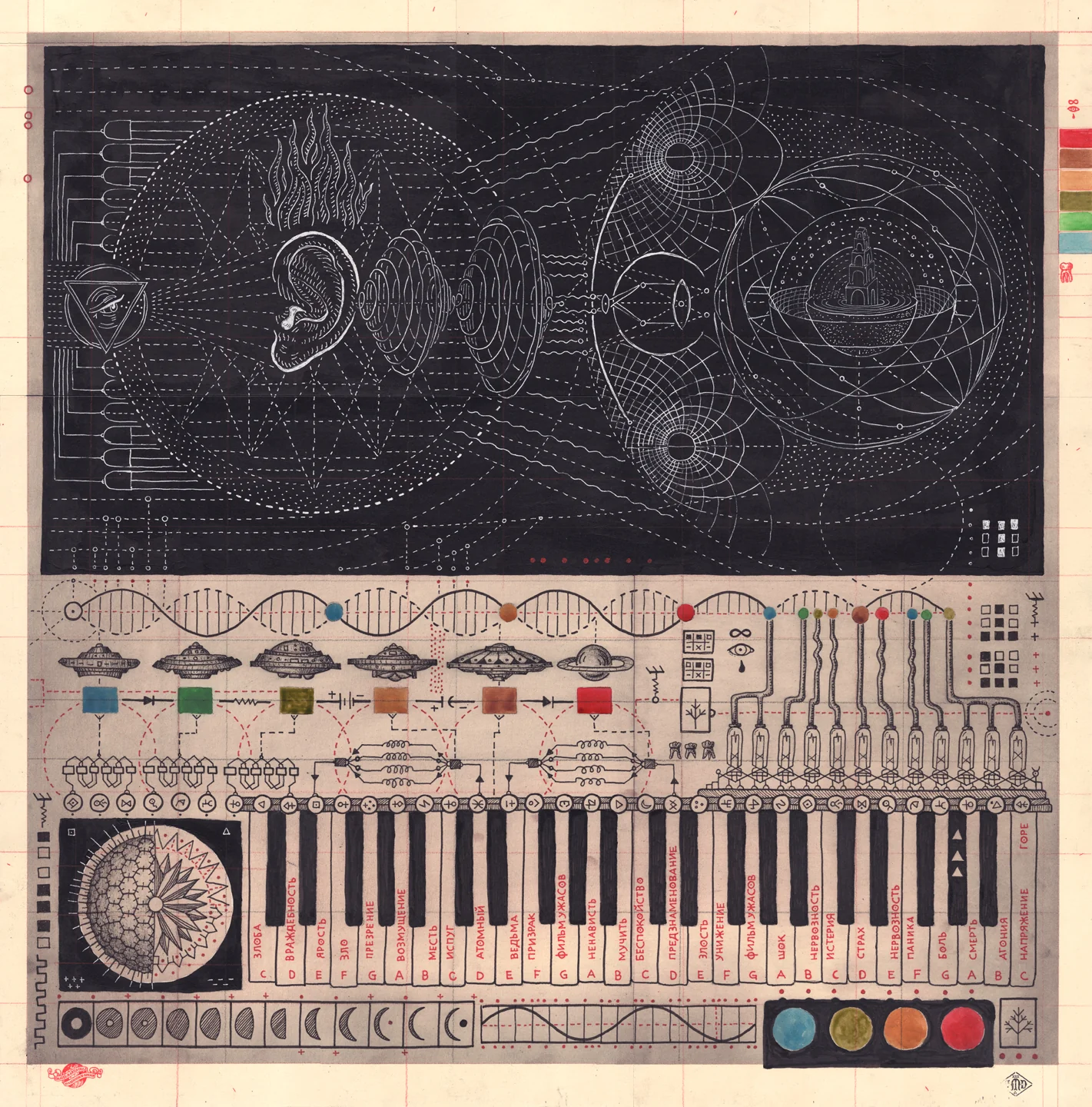Ahh, biohacking. As a scientist in the aging field now trying to discover drugs for healthy aging, I wanted to take this week to talk about my perspectives and knowledge on the topic. Especially recently, I’ve been seeing a lot of information out there on biohacking and “the best drugs to take for biohacking.” Really excited for this one!
Skip to the bottom for the tl;dr
But first for those not familiar…
What is biohacking?
Biohacking is a broad concept of intentionally altering your body through behavioral, psychological, or pharmaceutical methods, for improved healthspan or lifespan. This can include simple things like sleeping 8hrs/day, healthy diet, meditation and physical exercise, all the way to 100 supplements/day and parabiosis.
You’ve probably heard of the +100 pills Bryan Johnson takes and the +$2M he spends per year to escape death.
This rabbit hole goes deep, and the list of “pro-longevity” drugs is massive. Metformin? a classic. Rapamycin? Sure. NAD+ supplements? You gotta. But what about Vitamin D supplements? Need that too. Stem cell therapy, Ashwagandha, DHEA, Resveratrol, Coenzyme Q10, parabiosis, the list goes on and on.
But what gets lost in the sensationalism and PR is that all of these pills, therapies, and injectables, might not be what’s going to make you live longer. Even in Bryan Johnson’s case, the years/dollar returns on his +100 supplement regiment and +$2M medical treatments are actually pretty terrible, that is when you compare it to Step 1: Nutrition, and secondly, Exercise.
+$2M in drugs, tests, and injections. They most likely do actually add (healthy) years to a person’s life, and you can buy everything that he buys too. But it probably isn’t going to work on its own. Because these drugs assume that you have a pre-existing foundation of excellent health and nutrition.
To hack your body
So, as with all hacking, don’t just focus on what’s easiest to do. There’re too many easy things to do in this world, like spending $100 on Tru-Niagen. Instead, you should ask yourself: what’s the highest leverage, cost-effective thing I can change? So, if you catch yourself about to buy the cheapest supplements/drugs people take to live longer, you should instead ask yourself:
“How’s my Nutrition and Exercise?”
Chances are, they’re not that great. The most cost-effective, impactful hacks you can make to your body are through these two simple things. And without it, all the other expensive pills and injections might just be a big waste of time and money. Today, let’s talk about biohacking Nutrition.
The dose makes the poison
There’s a lot of information out there on the “best diet” and “foods to avoid” that paints a binary picture of a “good” or “bad” diet. There’s no arguing that alcohol is terrible for you, but phrases like “Red meat is bad”, “beans are bad because of the lectins”, and so on don’t capture the nuance of nutrition. Food should instead be considered exactly like a drug:
The dose makes the poison.
Too little and it probably won’t make a significant effect, but too much could start causing some real side effects. Assuming most of the readers here live in the west, I assume that we’re on, or adjacent to, the Western Diet. This is broadly characterized by a high intake of red meat, dairy, processed and artificially sweetened foods and salt, with minimal intake of fruits, vegetables, fish, legumes, and whole grains.1
So, Step 1 of Biohacking should really be:
Less/no (red) meat – AGEs, inflammation, oncogenesis

Meat tastes great, and General Tso’s Chicken is amazing. There’s nothing like a Peking Duck from Chili House, a 120 day-aged ribeye from Oliviers, a lavender-brined pork chop from Foreign Cinema or that plate of bun cha on the street in Hanoi.
Don’t get me wrong, meat is great for protein and micronutrients like iron, zinc, and vitamins too. But if we’re being honest with ourselves, we’re probably eating way more than we actually need. The World Cancer Research Fund recommends one to three servings of meat… per week.
Past that point, the negative effects of red meat start to pile up. Meat is broken down into a bunch of chemicals in your body to fuel your cells, but not all of them are good. AGEs for example, are chemicals that form in your body from charred meat that accumulate in your body to cause oxidative stress and inflammation in your body.

Scientists in a recent 2021 study also found several tumor-causing (oncogenic) genes: KRAS p.G12D, KRAS p.G13D, and PIK3CA p.E545K, in patients with colon cancer and high red meat intake. They found that high red meat consumption was strongly correlated with DNA damage (alkylation) that prevented proper DNA function. For reference, DNA alkylating agents were one of the first cancer drugs… and trust me, you don’t want cancer-killing chemicals inside your body.
Less/No Processed Foods

Processed foods… I know, there’s nothing like a Big Mac and a Crispy Cream donut on a Thursday afternoon. And honestly, fast food can be pretty helpful for lots of people, especially when I haven’t eaten in 12 hours and I can’t make or buy anything else at 12am after work. It’s convenient sometimes to meet my daily protein/carb/fat needs, and it’s useful if I need to meet my daily calories. But the utility of them basically ends right there.
Since that tiny Big Mac can have a whole day’s worth of saturated fats, sugars and salts, frequent consumption can add up to start seriously impacting your body. This is where the idea of at-home alternatives come in, where basically you can make the most extravagant duck fat-fried, prosciutto-wrapped 5/95 wagyu 1/2lb beef burger on a brioche bun, and have it still be lower in salt, fat, and calories than a palm-sized Big Mac.
For Biohackers, this is probably easier and better to just completely avoid. You probably already have most of your basic needs met, and you’re probably able to afford un-processed alternatives. Not all meat is bad, and some amount of red meat is fine. But it’s overall better to avoid if you’re on the LessDeath program.
Food is always a careful balance between physical and emotional wellness. I’ve started changing my diet slowly over the past two years, and eating less meat was actually one of the hardest things to do. The benefits weren’t totally clear either. It was hard to believe that just eating less meat would let me live healthier for longer. I realized this year that I was missing the last piece of the puzzle:
Moar veg

(ROS = Reactive Oxygen Species)
Because it’s easier to do more of something else than to do less of something we already love. Look, I really love General Tso’s Chicken. And it pains me to be told by my doctor that I can’t eat it everyday. So when I realized I had to eat less meat, instead of thinking: “I need to eat less General Tso’s Chicken,” I thought to myself instead: “I need to eat more Full Belly Salads from The Plant Café on 3rd st, and then I can eat General Tso’s Chicken ~once a week.”
A colorful plate, dark green leafy veg, we’ve all heard it before. But what is it exactly about vegetables that’re good for you? Aside from all of the fiber, vitamins and minerals, the most biologically beneficial part of vegetables seems to be in their antioxidants and phytochemcials that they contain. The idea of these chemicals affecting longevity and aging falls under the Free Radical Theroy of Aging, where the accumulation of reactive oxygen species (ROS) and other chemicals in your cells slowly degrade your cells and then your body.
However, recent studies have started to suggest that antioxidants alone do not extend lifespan, and the theory of ROS being solely responsible for aging specifically has been relatively de-bunked and deemed an oversimplification.
Ultimately, vegetables, as well as antioxidants and phytochemicals, are “good for you” because they allow for healthy cellular function. They protect your body from DNA, cellular, and mitochondrial damage that are very highly correlated or causative to diseases like cancer, as well as metabolic and neurological disease.
These “anti-inflammatory” or “antioxidant” foods are labeled that way because they contain a specific molecule that affects this pathway, most of which are being actively researched to turn into an effective pill form. We’re going to start seeing more of these pathways being targeted through new bio-inspired drugs within the next two decades! It’s going to revolutionize how we think about nutrition and healthy aging, and give us more options to eat better, for longer.
But until then, if you must, bio-hack away! Just be careful about what you read, and be careful what you put inside you. Your body’s like a Porsche, it runs best on Premium gas. More veggies, less meat, and don’t skimp with the cheap stuff.
tl;dr
Before you start biohacking through expensive pills, injections, and treatments, you first need to hack your nutrition. The three rules:
- 1-3 servings (12-18oz) of red meat per week
- More vegetables
- Little/no processed foods
are almost too simple for such a long post. But that’s exactly the point. Longevity/biohacking is still a young field that’s recently received more nuanced question than there are answers. Some will say all meats are toxic, while others will say only specific vegetables are good for you.
The field will come to a general consensus on nutrition in the coming decades. But until then, we can still keep ourselves healthy and happy by following a simple but mindful diet. So before you go out asking for pro-longevity pills and Ozempic from Santa this year, ask yourself:
“How can I hack my nutrition?”
- Bloomfield, H. (2015, November). Benefits and harms of the Mediterranean diet compared to other diets. Queri. https://www.ncbi.nlm.nih.gov/books/NBK379574/


Leave a Reply